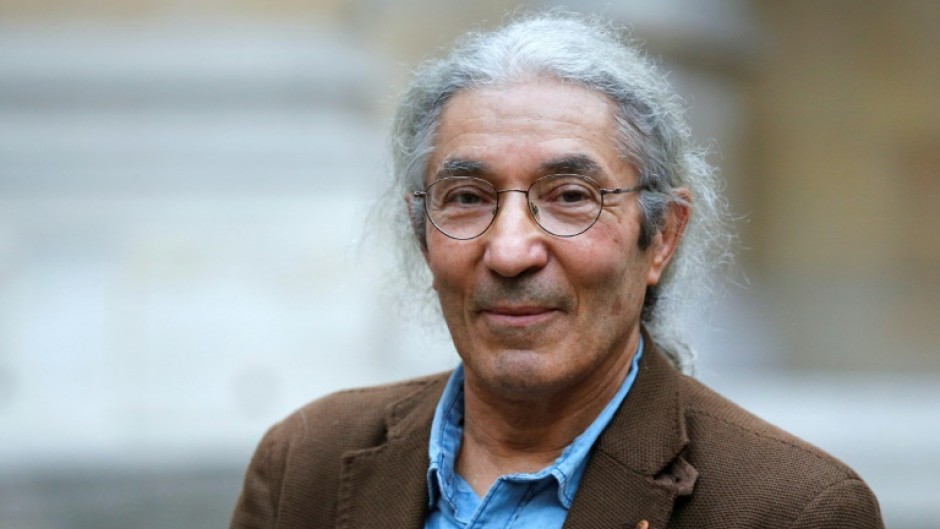Algeria accused France on Tuesday of "unacceptable and blatant interference" after President Emmanuel Macron said Algiers was "dishonouring itself" by keeping French-Algerian writer Boualem Sansal behind bars on national security charges.
Sansal, a literary figure who has been critical of the Algerian authorities, was arrested at Algiers airport in November and has been kept in custody despite calls from Paris for his release.
In its response, the Algerian foreign ministry said Macron's comments "can only be rejected and condemned for they are blatant and unacceptable interference in an internal Algerian affair".
Sansal's arrest came amid growing tensions between France and Algeria over a range of issues.
"Algeria, which we love so much and with which we share so many children and so many stories, is dishonouring itself by preventing a seriously ill man from receiving treatment," Macron said in a speech on Monday.
He described the 75-year-old, who acquired French citizenship last year, as a "freedom fighter".
The Algerian foreign ministry said Macron "unduly and falsely" presented Sansal's detention "as a matter of freedom of expression, which it isn't in the eyes of the law of a sovereign and independent state".
"It essentially stems from challenging the territorial integrity of the country, an offence punishable by Algerian law," it added.
According to Paris newspaper Le Monde, Sansal's arrest was linked to statements to a far-right French media outlet in which he repeated Morocco's claim that its territory was truncated in favour of Algeria under French colonial rule.
In a speech in late December, Algerian President Abdelmadjid Tebboune called him an "imposter" sent by France to make such claims.
Sansal is known for his strong stances against both authoritarianism and Islamism, as well as being a forthright campaigner on freedom of expression issues.
In 2015, he won the Grand Prix du Roman of the French Academy for his book "2084: The End of the World", a dystopian novel set in an Islamist totalitarian world in the aftermath of a nuclear holocaust.
Algeria had already withdrawn its ambassador over the summer after the French government supported a Moroccan offer of autonomy for the disputed Western Sahara in place of the self-determination referendum stipulated by a 1991 UN Security Council resolution.

